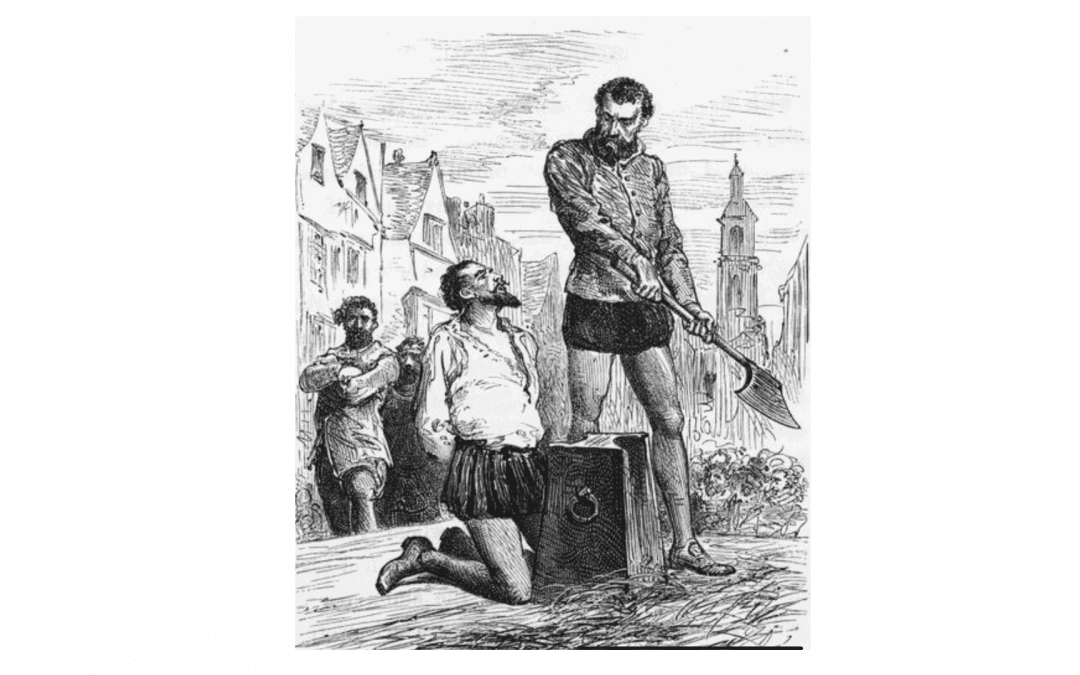I didn’t treat Raleigh sympathetically in The Spy who Sank the Armada. Sir Anthony Standen was working for Robert Devereux, Earl of Essex, and Essex and Raleigh were rivals. Putting that rivalry aside, there is much to like about Raleigh.
Raleigh was a consummate writer, who C.S. Lewis considered one of the era’s silver poets. He was also a leading proponent of establishing English colonies in North America. He organised voyages to North America in 1584, 1585, and 1587, that led to his sponsorship of an English colony on Roanoke Island which he named Virginia after the virgin queen, Queen Elizabeth I. He brought back potatoes to England, and less helpfully, tobacco.
I will excuse myself for my unsympathetic attitude to Raleigh, because he did have a knack of rubbing people up the wrong way. He infuriated Queen Elizabeth for secretly marrying one of her ladies-in-waiting, Elizabeth Throckmorton, daughter of Sir Nicholas Throckmorton. They were sent to the Tower of London, along with their newborn son. The baby died, and the Queen released Elizabeth. Walter was released three months later, but banished from court for five years.
Raleigh became implicated in the “Main Plot” to replace King James I with Lady Arbella Stuart. The evidence against him was a signed confession of his friend, Henry Brooke, 11th Baron Cobham. Raleigh demanded the right to cross-examine Cobham in court.
“Let my accuser come face to face, and be deposed. Were the case but for a small copyhold, you would have witnesses or good proof to lead the jury to a verdict; and I am here for my life!”
Raleigh’s trial is often cited as an influence in the right to cross-examination in common law. In that respect we owe him a great debt. Raleigh lost the case and was sent back to the Tower until 1616. King James then released him and sent him to Guiana in search of gold. Unfortunately his men came into conflict with the Spanish, which King James had expressly required should not happen. When he returned to England he was arrested and executed in Old Palace Yard, Westminster. When he saw the axe he is quoted as saying, “This is a sharp Medicine, but it is a Physician for all diseases and miseries.” His head was embalmed and given to his widow. She kept it in a velvet bag for the next 29 years of her life.

